Peanut Drop In Island
$315.00
Our hand-crafted Peanut Island is perfectly designed to fit a variety of smaller aquarium sizes. Molded from real coral skeletons, our replicas corals have the shape and textures of real corals. All of our creations are made with the same industry standard non-toxic materials we use on our large scale custom residential and commercial reef inserts. With our Peanut Island, you can instantly brighten up your aquarium with our colorful, fun, and non-toxic reef insert and watch your fish friends enjoy their new surroundings.
A coral patch reef is an underwater ecosystem characterized by reef-building corals. Reefs are formed of colonies of coral polyps held together by calcium carbonate. Most coral reefs are built from stony corals, whose polyps cluster in groups. Coral belongs to the class Anthozoa in the animal phylum Cnidaria, which includes sea anemones and jellyfish. Unlike sea anemones, corals secrete hard carbonate exoskeletons that support and protect the coral. Most reefs grow best in warm, shallow, clear, sunny and agitated water. Coral reefs first appeared 485 million years ago, at the dawn of the Early Ordovician, displacing the microbial and sponge reefs of the Cambrian. Sometimes called rainforests of the sea, shallow coral reefs form some of Earth’s most diverse ecosystems. They occupy less than 0.1% of the world’s ocean area, about half the area of France. They provide a home for at least 25% of all marine species,including fish, mollusks, worms, crustaceans, echinoderms, sponges, tunicates and other cnidarians. A coral reef will flourish in ocean waters that provide few nutrients. Drop-In Island is a coral reef situated at the northern extremity of the Turtle Reef Rocks shoal, and located within the Florida Keys National Marine Sanctuary. It lies to the east of Key Largo, within the Key Largo Existing Management Area, which is immediately to the east of John Pennekamp Coral Reef State Park. Unlike many reefs within the National Marine Sanctuary, this reef is not within a Sanctuary Preservation Area (SPA). The reef is north of Carysfort Reef. Coral belongs to the class Anthozoa in the animal phylum Cnidaria, which includes sea anemones and jellyfish. Unlike sea anemones, corals secrete hard carbonate exoskeletons that support and protect the coral. Most reefs grow best in warm, shallow, clear, sunny and agitated water. Coral reefs first appeared 485 million years ago, at the dawn of the Early Ordovician, displacing the microbial and sponge reefs of the Cambrian.[1]
| Weight | 3.25 lbs |
|---|---|
| Dimensions | 14 × 12 × 18 in |
| Color | Coraline, Reef Rock |
Only logged in customers who have purchased this product may leave a review.
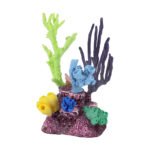
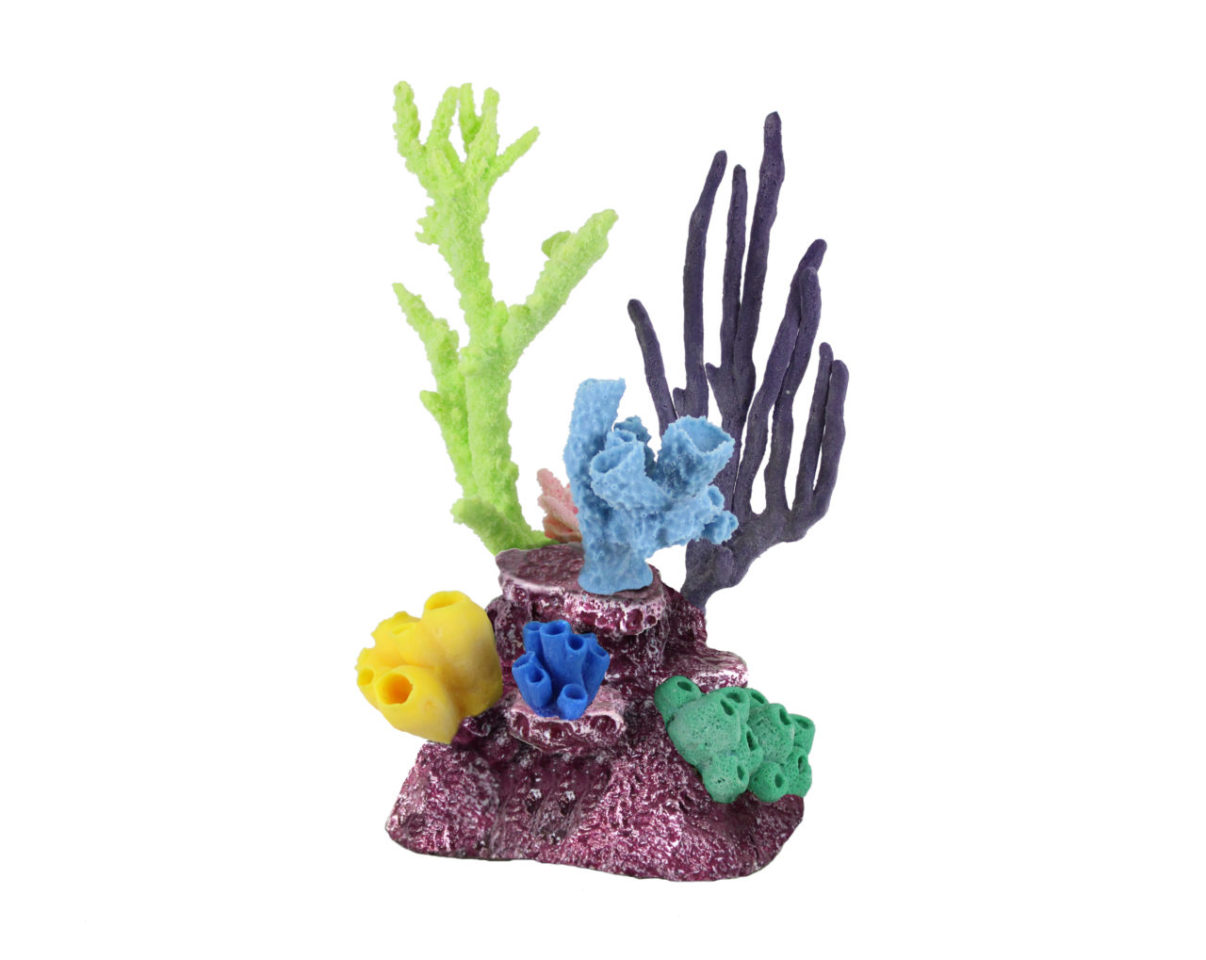
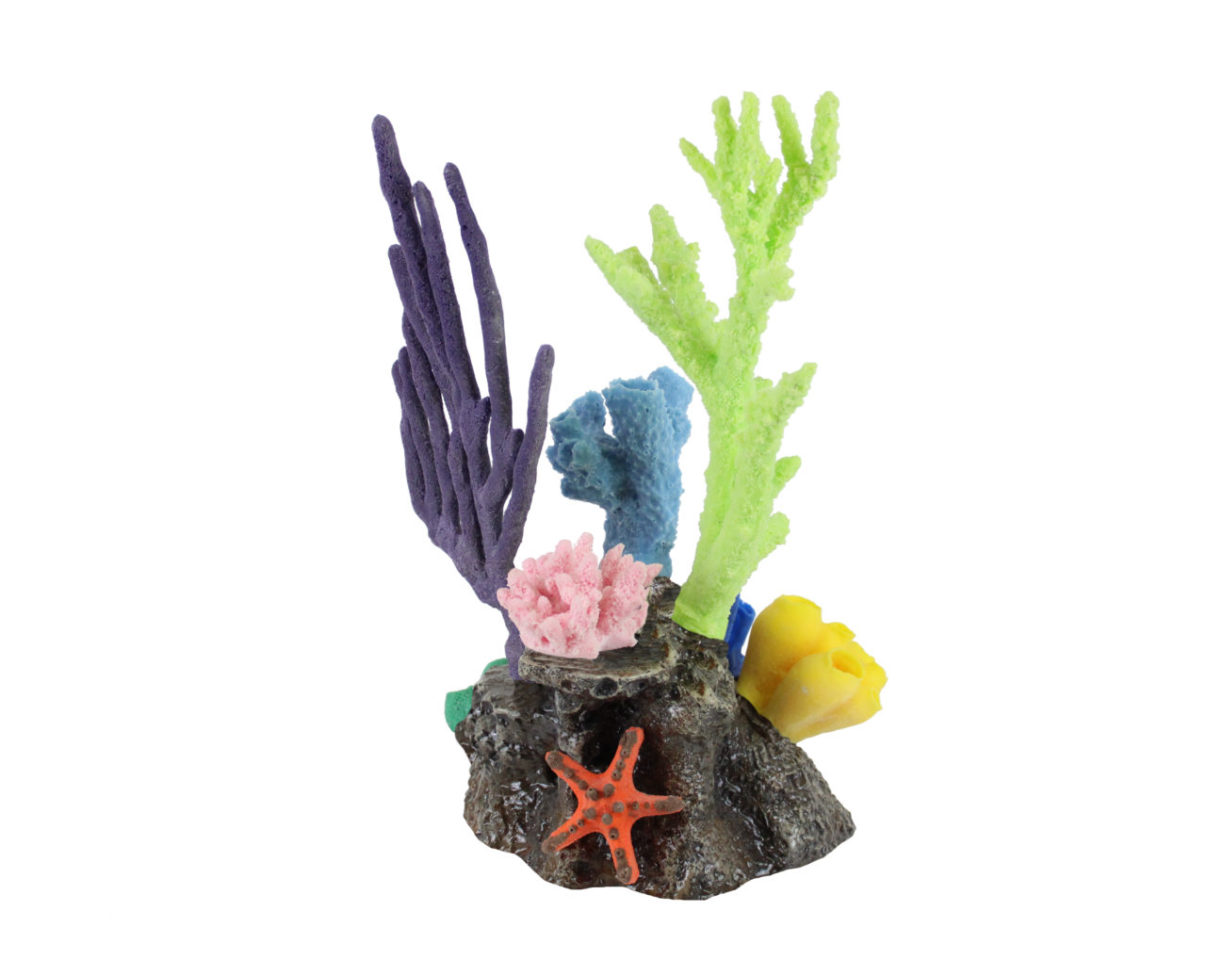
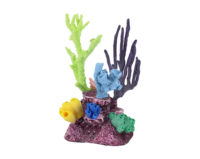
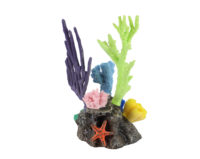
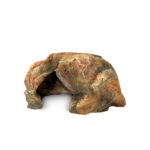
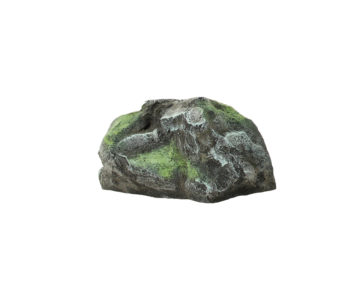
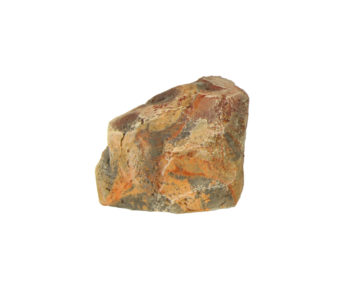
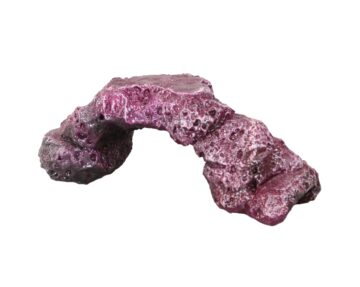
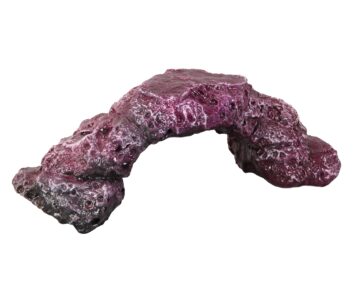
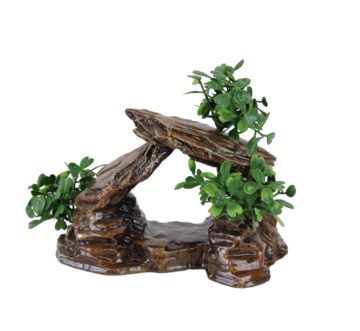
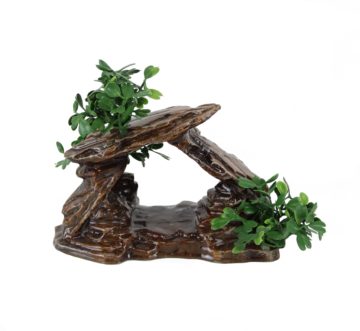
There are no reviews yet.